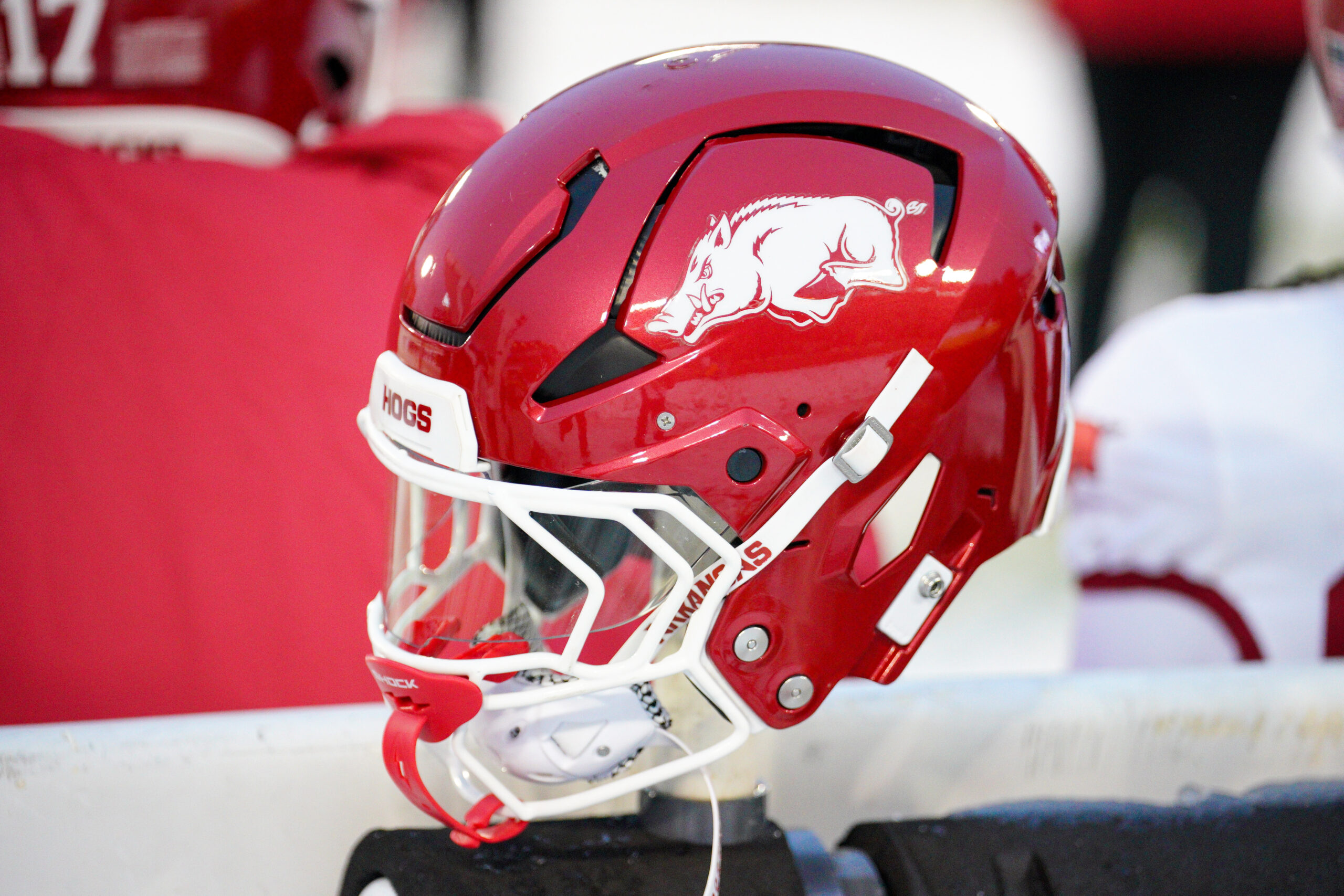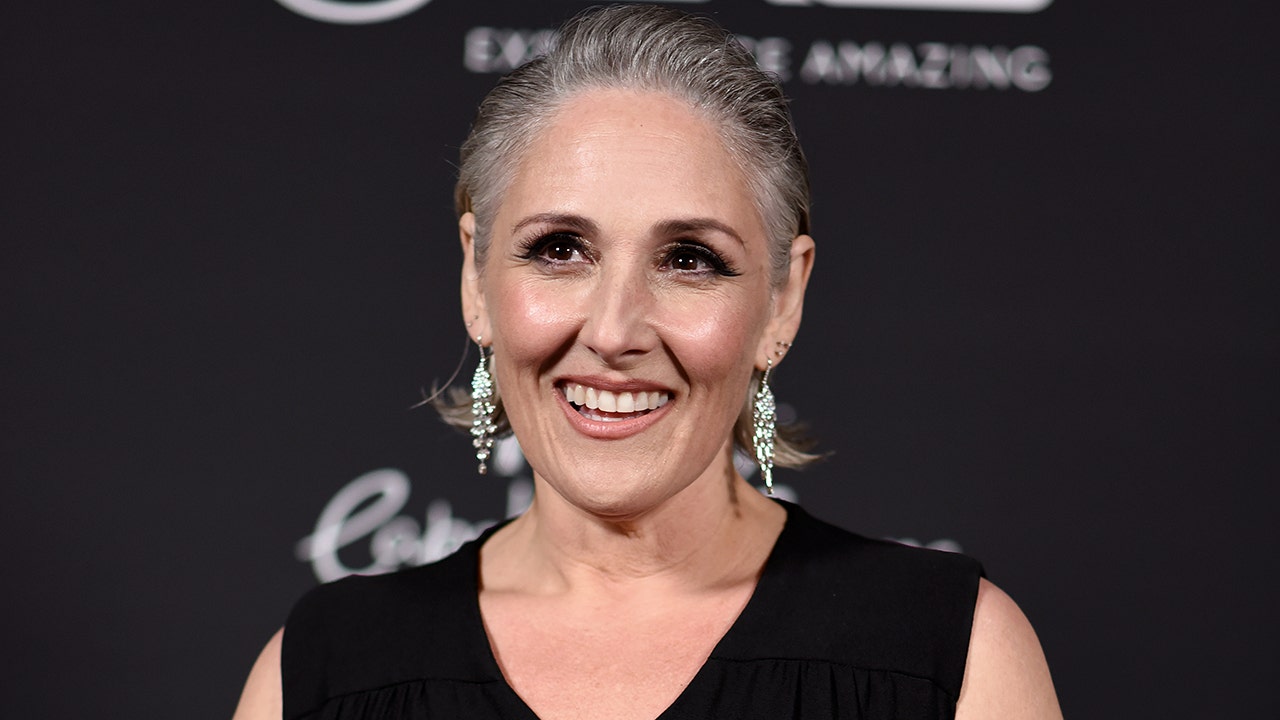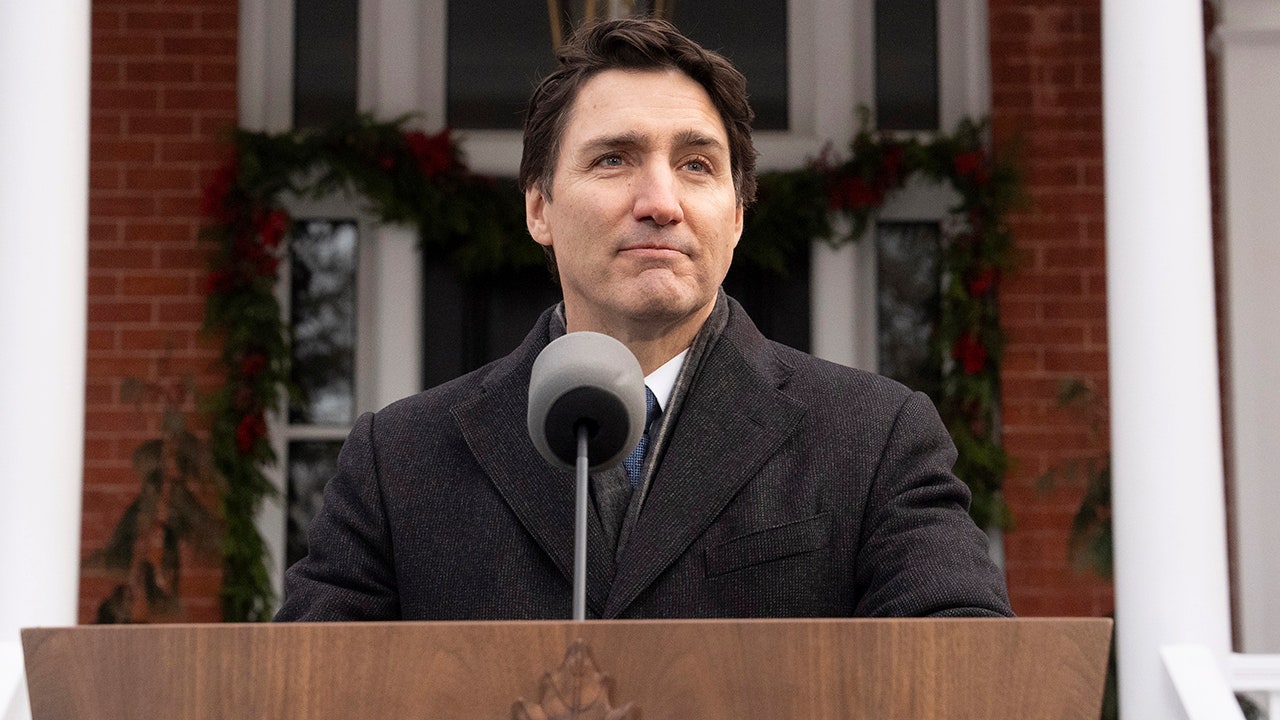Vic Fischer, a father of Alaska statehood who as a child escaped both Adolf Hitler and Joseph Stalin, died Sunday evening. He was 99.
Fischer died at his home in Anchorage after a long period of declining health. Although he was able to enjoy a recent performance of the musical “Hamilton,” he had been in hospice care for some months. In the last two weeks, his condition dramatically worsened. He received visits from many friends and family members before his death.
In 1955, when Fischer was elected as a delegate to the Alaska Constitutional Convention, he was only 31 years old. He became its last living member. His passing may mark the end of his generation of Statehood Movement activists.
History shaped Fischer’s life. When Stalin’s Great Purge threatened his mother, Markoosha Fischer, Eleanor Roosevelt stepped in to get her and her two boys out of the Soviet Union. Fifty years later, as communism collapsed, Vic Fischer returned, helping open connections between Alaska and the Russian Far East.
In between those times, Fischer served in Alaska’s territorial and state legislatures; guided the creation and growth of various Alaska communities, including Anchorage; served high in President John F. Kennedy’s administration; developed university research in Alaska; and avidly participated in civic affairs as an unapologetic liberal — as he continued to do until not long before his death.
Fischer had seen the oppression of communism firsthand, but he never abandoned his idealism, even when President Vladimir Putin rolled back democracy in Russia.
“My optimism is learned from life and the changes I have seen,” he wrote in his 2012 autobiography, “To Russia with Love: An Alaskan’s Journey.” “I can see the dark side as well as anyone, but the spirit of humanism has never failed.”
:quality(70)/cloudfront-us-east-1.images.arcpublishing.com/adn/PYP6QDAFN5AVNMFKQAS7NK7PPA.jpg)
:quality(70)/cloudfront-us-east-1.images.arcpublishing.com/adn/RHHS2APMEJCYPI6OKQNEY2WZWM.jpg)
Victor Fischer was born May 4, 1924, in Berlin, Germany, although he celebrated his birthday on May 5. His parents were leftist intellectuals involved in the early days of the Soviet Union. His mother, born in Latvia, worked as a translator and his father, Louis Fischer, born in Philadelphia, was an international journalist and author who knew and wrote about many world leaders, including Vladimir Lenin and Mahatma Gandhi.
Louis was usually absent, leaving Vic, his brother George and their mother alone and in peril. Vic grew up speaking both German and Russian as the boys were shuttled between the two countries. In 1931, facing famine in Russia, Markoosha sent them to live with friends in Berlin. After Hitler seized power in 1933, putting their communist hosts in danger, the boys were smuggled back to Russia.
In Moscow, Stalin’s secret services began indiscriminately arresting and killing perceived foes, including friends of the Fischer family. In 1939, Louis used his influence with Roosevelt to secure their escape.
Fischer attended high school in New York City and college at the University of Wisconsin in Madison. He was a student there when he joined the U.S. Army to fight in World War II.
Fischer was on a troop ship headed for Europe when he first formed a plan to go to Alaska, based on books he read in the ship’s library. After his military service, he finished college in Madison and earned a master’s degree in community planning from the Massachusetts Institute of Technology.
Fischer arrived in Alaska in 1950 to take his first job as a community planner, with the Bureau of Land Management. Among his duties, he helped create the towns of Cantwell and Tok. He later served as Anchorage’s first planning director, saving the Delaney Park Strip from development, and planning the Chester Creek greenbelt and Westchester Lagoon.
Fischer helped found Operation Statehood, the first grassroots organization advocating for Congress to admit Alaska into the union — up to that time, the movement had been led by politicians and elites. As an elected delegate to the Constitutional Convention, he served on the Local Government Committee, which established Alaska’s unique system of boroughs and local control. He later wrote a book about the constitution.
In 1956, Fischer won election to the last territorial legislature, as a Democrat from Anchorage. With Rep. Warren Taylor, a Fairbanks Democrat, he co-sponsored the bill that abolished the death penalty in Alaska.
In the early 1960s, Fischer served as assistant secretary of the Housing and Home Finance Agency in Washington, D.C. In that position, he directed rebuilding of Alaska housing after the 1964 Good Friday earthquake.
From 1966 to 1976, he was director of the University of Alaska Institute of Social and Economic Research, in Fairbanks, where he helped procure funding for the nascent Alaska Federation of Natives and participated in writing the Environmental Impact Statement for the trans-Alaska pipeline.
Fischer was elected to the Alaska state Senate in 1980, representing downtown Anchorage, and served two terms. In the late 1980s, he began building links with the Russian Far East and channeling American support there, working at the University of Alaska Anchorage.
Russian President Boris Yeltsin granted Fischer full Russian citizenship in 2000. Political operatives even recruited him to run for governor of Chukotka, the region directly across the Bering Strait from Alaska, but he declined.
Fischer remained active in Alaska affairs into his final years. For example, in 2019, at 95, he co-chaired the unsuccessful recall petition against Gov. Mike Dunleavy.
Fischer leaves behind his wife, Jane Angvik, with whom he had a daughter. They had been married since 1981. He also had three children with his first wife, Gloria Fischer (Rubinstein), who died in 2016.
Charles Wohlforth is a former ADN reporter and columnist who assisted Fischer in writing his autobiography, published in 2012.

:quality(70)/cloudfront-us-east-1.images.arcpublishing.com/adn/Q5IH6KCKXBBADLKZ4LZDSIQP5I.jpg)
:quality(70)/cloudfront-us-east-1.images.arcpublishing.com/adn/YABWGSJMQZCZHJHO4LGWRQLKHI)
:quality(70)/cloudfront-us-east-1.images.arcpublishing.com/adn/ZNC5QXVZLNA5DICFYWURLS56LQ.JPG)
:quality(70)/cloudfront-us-east-1.images.arcpublishing.com/adn/QOSKRQHVVJHI5E5WDCONGRH5ZQ.JPG)
:quality(70)/cloudfront-us-east-1.images.arcpublishing.com/adn/ZGXDGGN3OZEMHCEVHV5ZTKXZJI)




:quality(70)/cloudfront-us-east-1.images.arcpublishing.com/adn/FJF52QJA4JDEZKLNNPODZ3NRCU.JPG)













/cdn.vox-cdn.com/uploads/chorus_asset/file/25822586/STK169_ZUCKERBERG_MAGA_STKS491_CVIRGINIA_A.jpg)




/cdn.vox-cdn.com/uploads/chorus_asset/file/25821992/videoframe_720397.png)